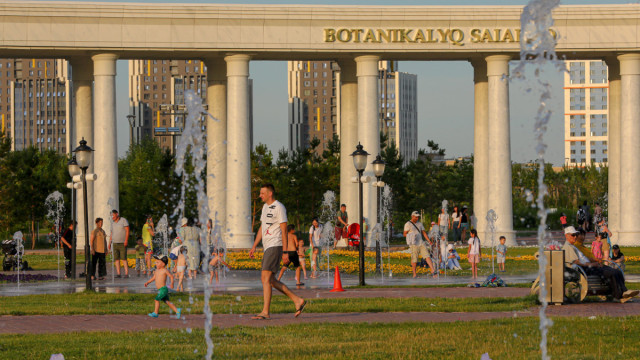
Kazakhstan is set to establish coordination councils for military-patriotic education. These councils will focus on building a positive image of the national army through the creation of films, literary works, and TV program series. These and other amendments to the relevant draft law were approved by members of the Mazhilis, a Lower House of the Kazakh Parliament, in the first reading. Additional changes include incorporating military-patriotic education into supplementary education programs, as well as improving military registration and conscription processes. In general, the MPs proposed including reserve sergeants among conscripts and automatically updating information about the latter in the relevant information systems. Notably, a number of legislative changes regarding conscription are envisaged as part of the implementation of the instructions given by Kazakh President Kassym-Jomart Tokayev.
«Citizens who have served in the military by conscription or have signed a contract for military service are no longer required to work off their tuition. The preservation of their workplace, position, and salary is guaranteed for citizens subject to conscription during the period of medical commission. For citizens who have declined deferment and been conscripted into military service, their educational grant will be maintained, and they cannot be expelled from the educational institution during their military service. The rules regarding educational benefits for conscripts have been specified,» noted Yuliya Kuchinskaya, a member of the Mazhilis, the Lower House of the Kazakh Parliament.
Mazhilis members review draft law on education and protection of children’s rights
The Kazakh Mazhilis also reviewed and approved another draft law on education and child protection in the first reading. It provides for the introduction of the institute of professional foster families in Kazakhstan. The introduction of a new form of guardianship will allow children in difficult situations to stay in a more comfortable environment. At the same time, professional foster families will undergo psychological training and will not be able to take more than four children under guardianship.









